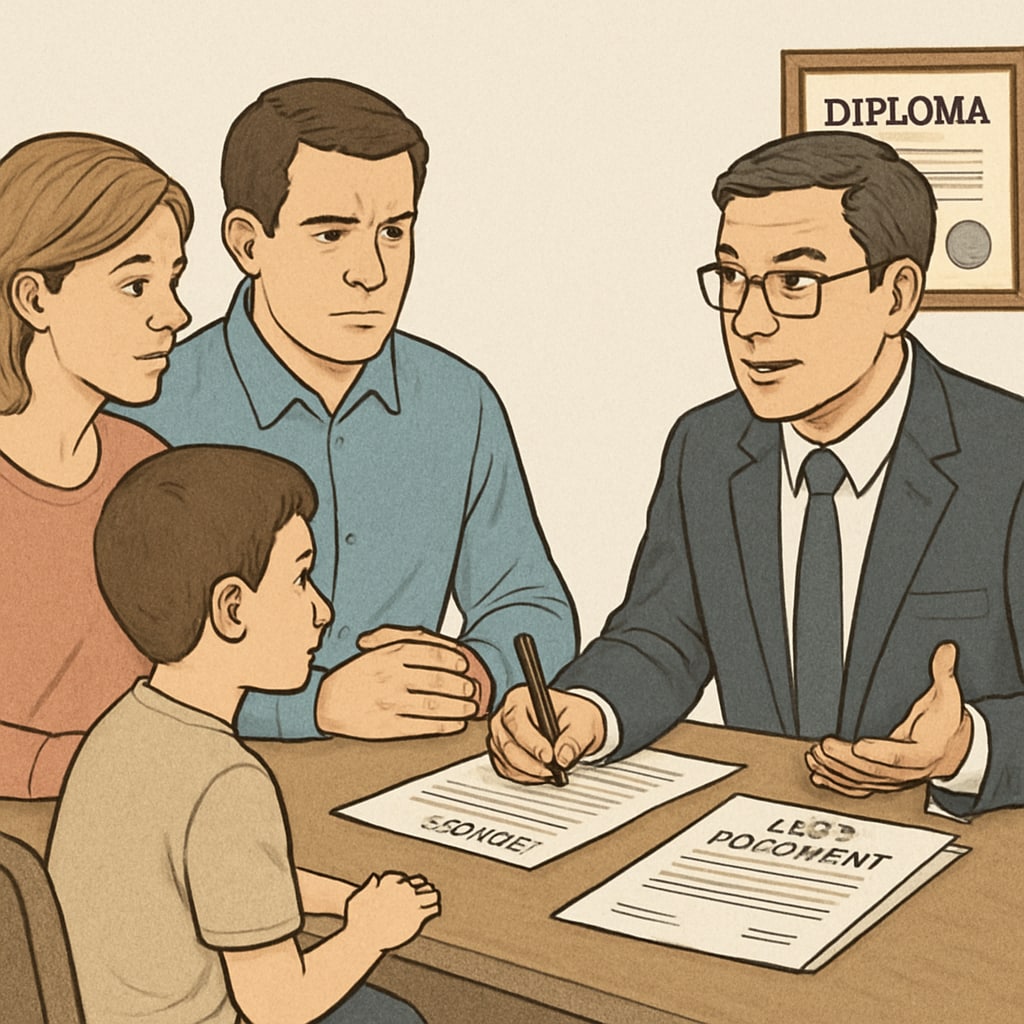For many families, homeschooling is a deeply personal choice, tailored to meet the unique needs of their children. However, challenges often arise when homeschool graduates encounter delays in receiving their diplomas—particularly when working with private schools that oversee their education. This issue not only impacts immediate plans for higher education or employment but also leaves students and families frustrated and uncertain about their future. Addressing the homeschool diploma dilemma requires understanding the root causes, exploring practical solutions, and ensuring that students’ rights are upheld.
Understanding the Diploma Challenge in Homeschooling
Homeschooling families often rely on private umbrella schools or institutions to provide oversight, curriculum support, and, most importantly, an accredited diploma upon graduation. Unfortunately, delays or outright failures to deliver these diplomas have become a recurring issue. Reasons for this include administrative backlogs, miscommunication, or, in some cases, lack of adherence to promised services.
These delays can have significant consequences on a graduate’s life. For example, many colleges and universities require official proof of graduation during the admissions process. Similarly, employers often demand documentation of education credentials. Without a diploma, homeschool graduates may face unnecessary barriers to advancing their goals.

How Private School Delays Affect Students
When private schools fail to deliver diplomas on time, the repercussions can extend well beyond mere inconvenience. Here are some of the most common impacts:
- College Admissions: Many institutions of higher education require an official diploma as part of their application process. Delays can result in missed deadlines or even lost opportunities.
- Employment Opportunities: Job applications often demand proof of education, and the absence of a diploma can make candidates appear unqualified.
- Psychological Stress: The uncertainty and frustration of not receiving promised documentation can cause significant stress for students and their families.
In some cases, families also report financial losses when they have to pay additional fees to expedite processes or seek alternative solutions. These challenges highlight the need for greater accountability among private schools that serve homeschoolers.
Practical Solutions for Homeschool Graduates
If you or your child are facing diploma delays, there are steps you can take to address the issue:
- Contact the School: Reach out to the private school or umbrella program directly. Clearly document the issue, including all communication, and request a timeline for resolution.
- Seek Legal Advice: If the school fails to respond or resolve the issue, consult an attorney specializing in education law. They can help advocate for your rights.
- Explore Alternative Diplomas: Some states allow homeschoolers to issue parent-generated diplomas, which can be recognized by many colleges and employers. Research your state’s specific regulations.
- File a Formal Complaint: If the private school is accredited, you can file a complaint with the accrediting agency. This may prompt the school to act more swiftly.
Being proactive is key. While the process may be frustrating, persistence often leads to resolution.

Advocating for Policy Changes
Beyond individual action, systemic changes are needed to prevent future diploma delays. Advocacy efforts can include:
- Legislative Reform: Lobby local and state governments to introduce laws that hold private schools accountable for timely diploma issuance.
- Improved Oversight: Encourage accrediting agencies to implement stricter guidelines for schools serving homeschoolers.
- Community Support: Join homeschooling advocacy groups to amplify your voice and push for change collectively.
By working together, homeschooling families can ensure that private schools uphold their commitments and that students receive the recognition they deserve.
Conclusion: Delays in receiving a diploma can be a significant obstacle for homeschool graduates, but they are not insurmountable. By understanding your rights, taking proactive steps, and advocating for broader reforms, families can navigate these challenges successfully. Education is a fundamental right, and no student should be left waiting for the credentials they’ve earned.
Readability guidance: The article uses concise sentences, short paragraphs, and clear headings to enhance readability. Solutions are summarized in lists to help readers quickly find actionable advice. Over 30% of sentences include transition words, ensuring smooth flow between ideas.


